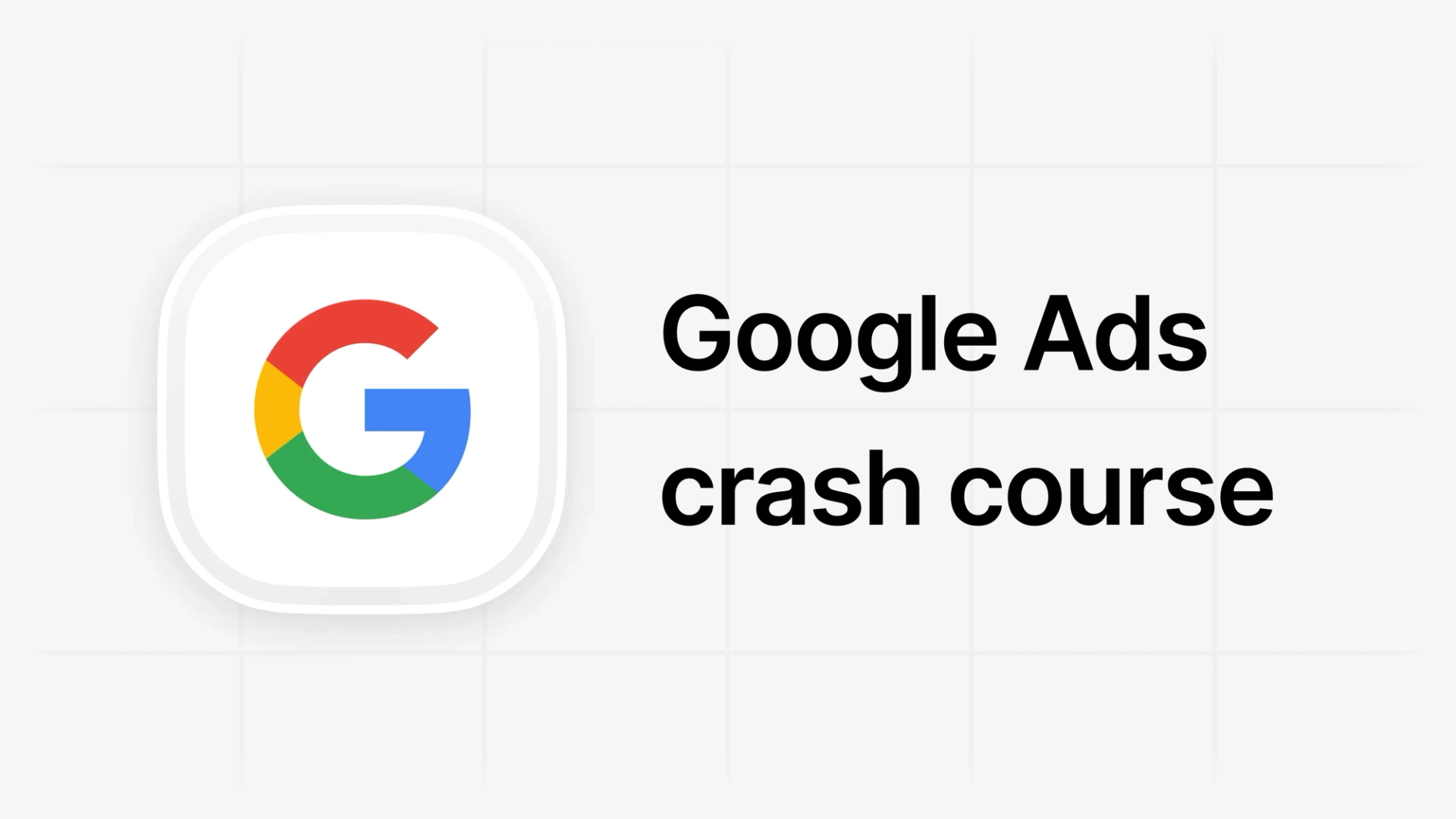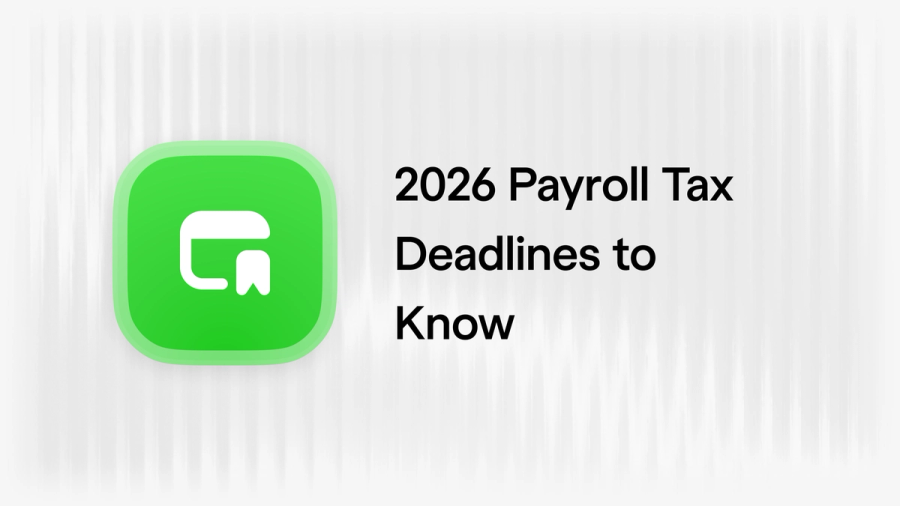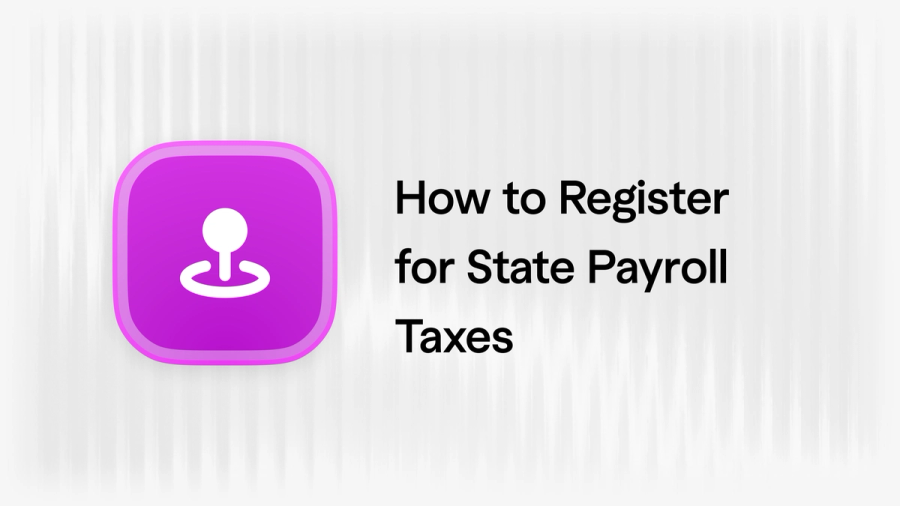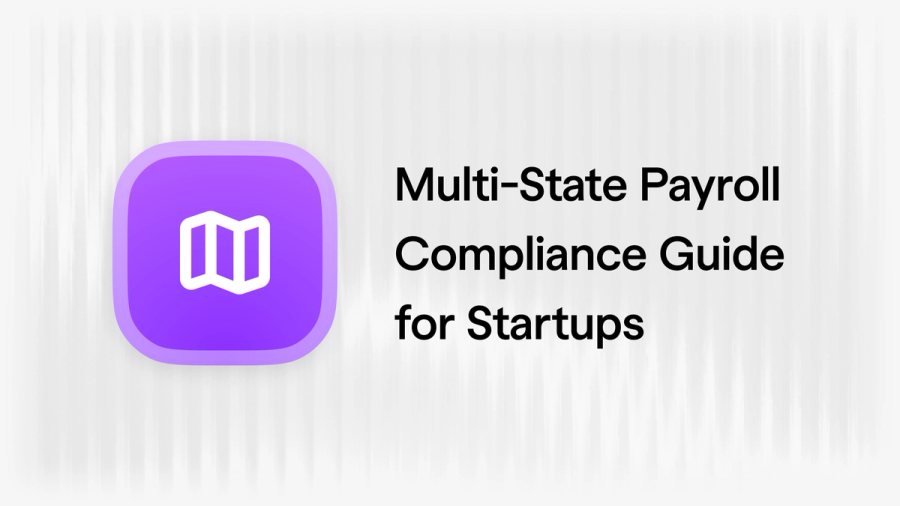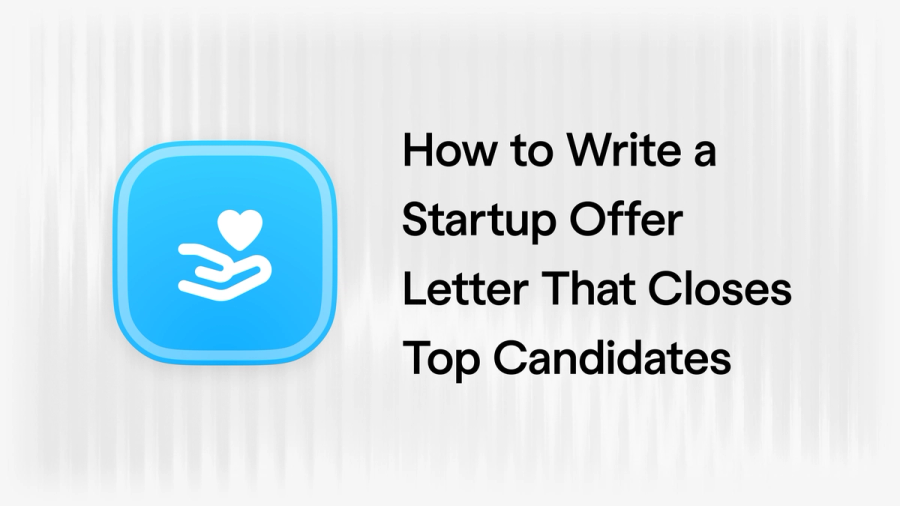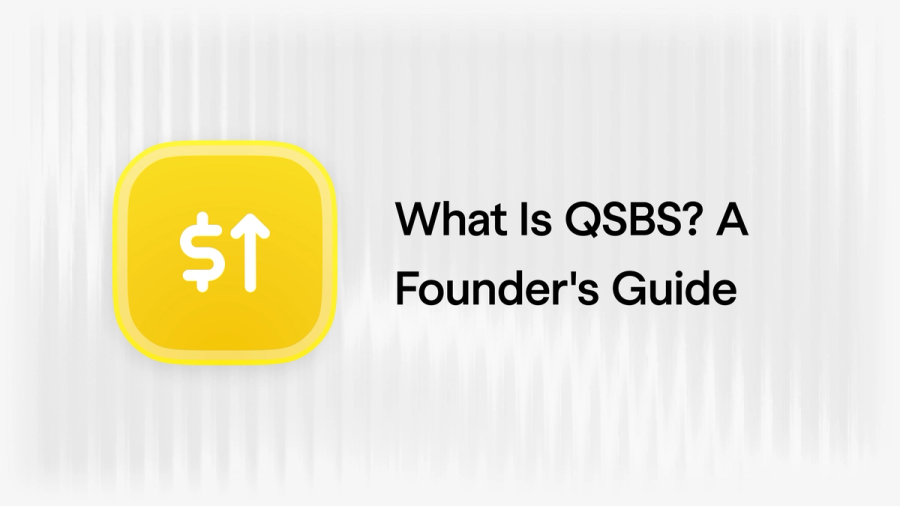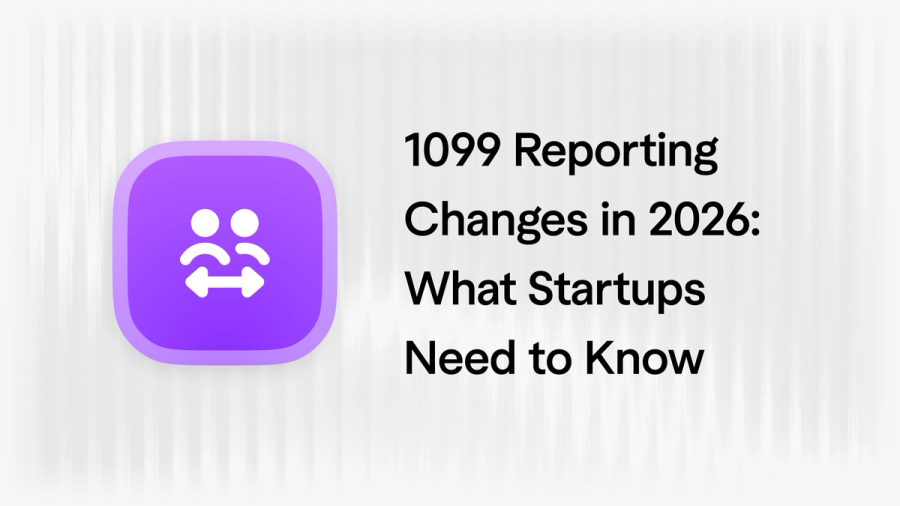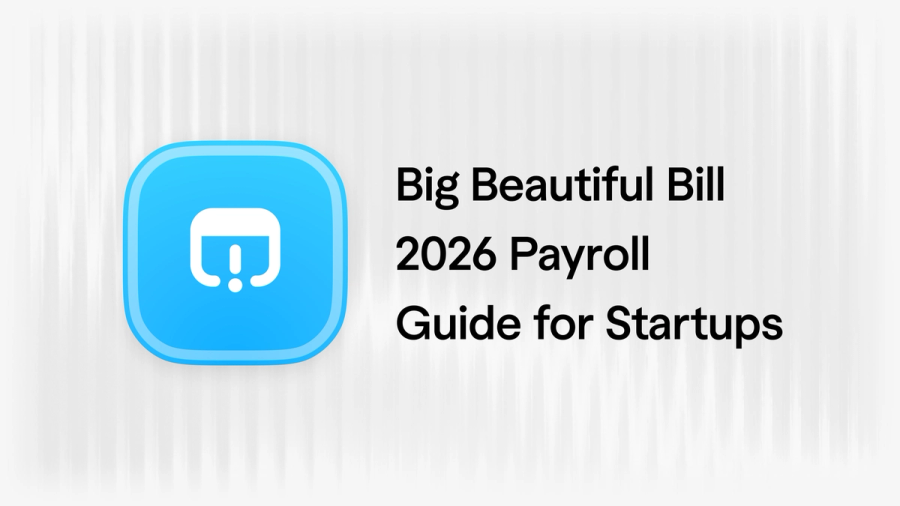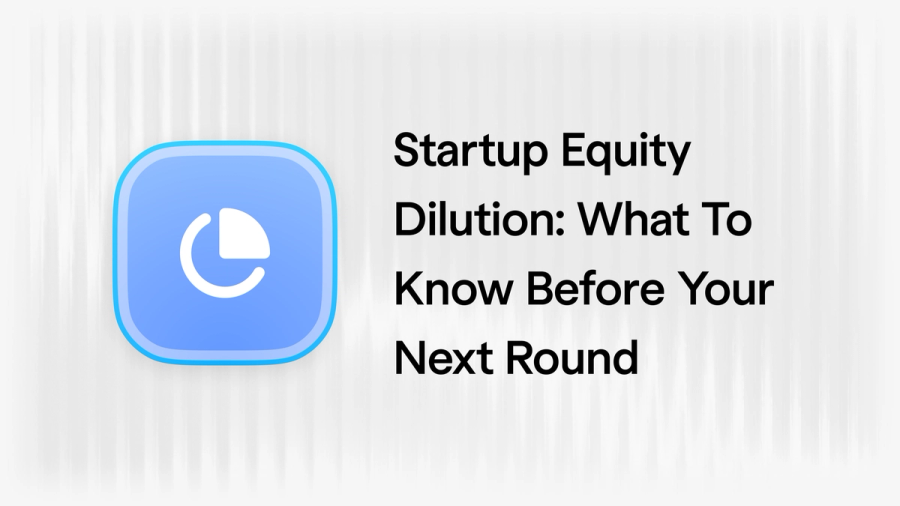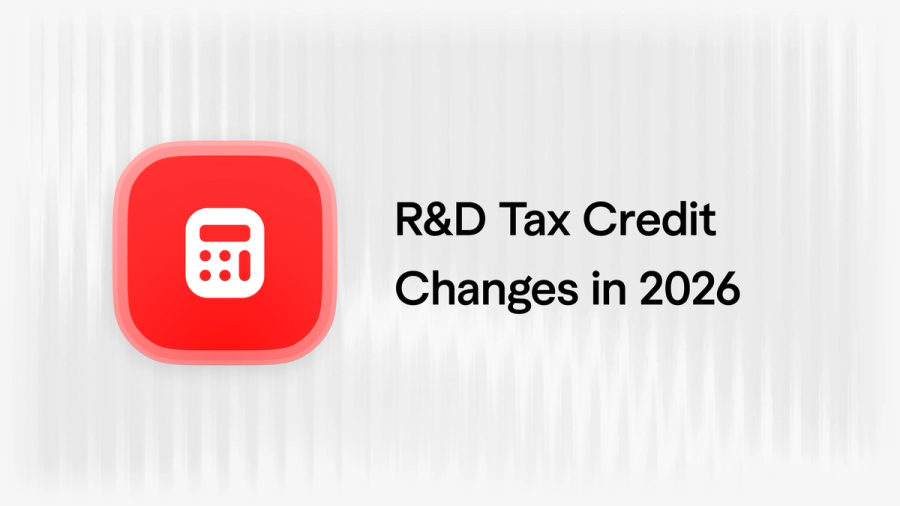Marketing is the make-it-or-break-it factor for many early-stage startups, especially those with no outside funding. That’s why founders often turn to Google Ads to generate high returns on a limited budget. It’s a cost-effective and flexible marketing channel with quick, measurable results.
If you want to know whether this advertising platform is right for you, keep reading. This article breaks down what founders need to know before using Google Ads, including the benefits of using the platform, how to implement it in your marketing strategy, and a few potential challenges to be aware of.
How does Google Ads work?
Google Ads (or Google AdWords, as it used to be called) is an online advertising platform owned by Google that allows users to bid for ad placements on the company’s search engine results pages (SERPs), owned properties, and partner network.
Search ads, the most common Google Ad format used by advertisers, are found alongside organic search results on Google SERPs. Other ad formats you can choose from include video ads, display ads, shopping ads, app ads, and more.
The platform’s pay-per-click (PPC) model ensures that advertisers only pay when people click on their ads. A typical cost-per-click (CPC) on Google Ads can range from several dollars to several hundreds of dollars, depending on the keyword you’re targeting, as well as other factors like search volume and seasonality.
However, you’ll need to keep in mind that other people are bidding on those keywords too. A higher bid than the ones placed by other advertisers gives your ad better visibility — like, say, near the top of the SERP for that keyword — and therefore more potential clicks.
If you’d like to learn more, this five-minute YouTube video from Travis Marziani offers a brief but thorough overview of Google Ads:

Three ways startups benefit from using Google Ads
Google Ads is a great marketing channel for startups running their first paid ad campaigns. The setup process is relatively simple, and startups aren’t bound to minimum contract terms or cancellation fees if they want to stop advertising on the platform.
And since Google processes over 3.5 billion searches a day and owns 91% of the global search engine market, your target users are most likely already using Google’s search engine. If this is your first time delving into the world of PPC advertising, it’s well worth it to focus your efforts here rather than platforms that tend to attract specific demographics, like Facebook or LinkedIn.
Here are three more reasons to consider marketing your startup with Google Ads.
Targeted advertisements
Advertisers using Google Ads have multiple ways to target users, which allows them to serve ads to very specific groups of people.
Different ad formats help you tailor each ad to your campaign goals and where potential buyers are in their customer journey. For instance, you might choose display ads if you want to focus your efforts on brand awareness, since these ads are “displayed” on websites your audience already spends time on. Alternatively, you might go with shopping ads to show people who are ready to buy that you have the product they’re looking for in your store.
On the Google Ads platform, you can also refine your campaigns by targeting specific keywords, demographics, locations, languages, interests, and more. These parameters help you reach the people who are most likely to buy from you, keeping your ad spend low and your conversion rates high.
Cost-effective advertising
Getting your website to the first page of Google’s search results through search engine optimization (SEO) can take months or years, even with a well-thought-out strategy and dedicated team. In comparison, Google Ads can get your products or services in front of potential customers in as little as 24 hours.
Of course, the best advertising strategy requires a combination of both tactics. But if your startup wants to establish a presence on SERPs quickly, Google Ads may be the way to go.
On the campaign level, the PPC model used by Google Ads ensures you only pay for interactions with people who are most likely to be interested in your product or service. Maximum bids set limits on how much you’re willing to spend for each click, and the platform also allows you to set average daily budgets so you don’t go over your ad spend for the month.
Measurable results
If you’re putting money into a marketing channel, you want to make sure those funds are being put to good use. Google Ads makes that clear for advertisers, thanks to powerful tracking tools and analytics that show you how your campaigns are performing in real-time.
Use your reports to assess your overall campaign performance at a glance, then drill down to granular metrics like click-through rates, number of clicks, average cost-per-click, and return on ad spend.
The level of detail offered by the platform’s performance metrics allows you to easily determine which of your ads are doing well, which ones need to be optimized, and which ones (if any) should be paused or removed entirely.
What can startups use Google Ads for?
Google Ads’ versatility makes the platform a useful tool in every marketer’s toolkit. Here are four ways you can use this channel to achieve your marketing goals.
Directing high-quality traffic to your website
Despite the growing number of ads on Google’s SERPs, the company’s search engine is first and foremost a place for users to find the information they need. The Google algorithm prioritizes this search experience by delivering the most relevant search results and ads to its users.
This means you should strive to match your ads to the search intent behind your target keywords. If you’re advertising dog food but bidding on the keyword “bird seed,” your ad will be shown less often and you’ll get fewer clicks.
Savvy marketers take advantage of Google’s algorithm by creating high-quality ads that capitalize on a keyword’s search intent and sending traffic to landing pages that serve the user’s needs. People that click through to these websites are then more likely to buy or engage with the company than those who come from other paid platforms.
Remarketing to people who have shown interest in your offerings
You have a much better chance of converting warm leads — people who have already shown interest in your startup and its offerings — than cold leads who have never interacted with you at all.
This is where Google Ads comes in. The platform allows advertisers to build remarketing (also known as retargeting) campaigns around people who visit your website but don’t take any action. These ads follow leads around on the internet, enticing them to go back to your website and purchase your products or sign up for your services.
Due to the sheer number of websites in Google’s Display Network, Google remarketing campaigns have a far greater reach than ones hosted in the Facebook ecosystem, for example. And since these ads are personalized to potential customers, they also tend to have a higher conversion rate and lower cost per acquisition than typical Google Ads campaigns.
Increasing brand awareness
The Rule of Seven is a well-known marketing principle that came from the movie industry in the 1930s. Essentially, it means that customers need to be exposed to a brand about seven times before they make a decision to buy a company’s product or service.
The problem is, if you’re a new startup with little to no brand recognition, the Rule of Seven principle means you’ll have difficulty getting anyone to buy from you.
Google Ads helps startups and small businesses level this playing field.
By placing your ads on relevant search results pages (and elsewhere on the internet), you can ensure that — even if they aren’t ready to buy right now — your audience sees your company whenever they search your target keywords. Ads that promote your startup’s products or services also inform potential buyers that you offer what they’re looking for, even if they don’t click on the ad.
Once prospective customers get more familiar with your brand, they’ll be more likely to choose you over a company they don’t know when they make a purchase.
Improving ad performance with A/B testing
In Google Ads, marketers can test different versions of their ads to determine which one performs best. You can experiment with different ad copy, visuals, landing pages, targeting parameters, and even bids.
This method of fine-tuning your marketing efforts, called A/B testing, helps you build the best possible campaigns for different target audiences. Over time, iterative A/B testing results in higher conversion rates and increased sales.
The things you learn about each target audience can then be applied to your marketing strategy and even your company’s overall messaging. For example, winning ad copy can be used on Facebook, Instagram, and even on your own website, as it’ll likely perform well there too. If you find your ads perform well in certain demographics or countries, you could then create similar campaigns on other platforms.
Three challenges startups often face with Google Ads
If you’re ready to incorporate Google Ads into your startup’s marketing strategy, it’s important to understand the issues you may face. Knowing what challenges to expect beforehand allows you to take steps to mitigate them and set realistic expectations.
Here are three common challenges to look out for.
People unfamiliar with the platform face a steep learning curve
If you’re new to paid advertising, the whole idea of bidding for better ad placements may feel foreign to you. And you’re not alone: Campaign Monitor found that digital paid media marketing was one of the most difficult channels for small businesses to use, behind only influencer marketing and SEO marketing.
Know now that it will take some time to learn how to use the platform. There are best practices you’ll need to remember, and certain things that Google restricts or prohibits on the platform.
The learning doesn’t stop after that, either. Once you’ve gotten a grasp of the basics, you’ll need to know how to properly monitor and optimize your campaigns so your conversion rates get better over time — and you don’t waste your advertising dollars in the process.
Because of this challenge, it’s easy to see why many startups hire an agency or a full-time Google Ads specialist to manage their campaigns.
Costs can increase quickly and unexpectedly
How much you spend for a campaign depends in part on your CPC for your target keywords. This, in turn, depends on how much other people are bidding for those same keywords. If your competitors increase their bids, you may find yourself spending much more than you anticipate just to keep your ads visible.
There are a few other ways advertisers can spend more than they mean to on Google Ads. Creating ad campaigns that don’t match a keyword’s search intent will require a lot more money to serve them to their target audience.
You’ll also need to check on your active campaigns regularly and turn off the ones with low ROI.
Low-performing campaigns that go unchecked are notorious for costing businesses hundreds or even thousands of dollars in wasted ad spend.
Good results still take time to appear
Even if they have years of experience with Google Ads, marketers still need time to test what combinations of keywords, bids, and targeting parameters a particular business needs to generate ROI.
New ads take about 24 hours to get approved, as Google reviews each one to make sure they adhere to its advertising policies. After that, it can take three months or more for a campaign to gain momentum and collect enough meaningful data for an advertiser to work with.
This means you shouldn’t expect to set up a Google Ads account one day and make thousands of dollars in sales the next — especially if your startup is in a competitive market. If you plan on using Google Ads, it will be some time before you see substantial results from your efforts.
Should your startup use Google Ads in its marketing strategy?
Google Ads is a great advertising platform for startups, considering the fact that most have limited budgets and want to see results quickly. But success isn’t guaranteed.
You can get a sense of whether your startup will do well on this marketing channel by doing some preliminary keyword research. Use a tool like Google’s Keyword Planner to see whether any search terms related to your business have high search volume and low competition from other advertisers.
Similarly, if you’ve already invested in SEO and are seeing good conversion rates on certain keywords, it may indicate that your company will do well targeting those search terms in Google Ads too.
If you plan on hiring an independent contractor or employee to manage your Google Ads campaigns, consider using Warp’s payroll software to manage their payments for you. Learn more about what Warp has to offer by signing up for a demo today.
